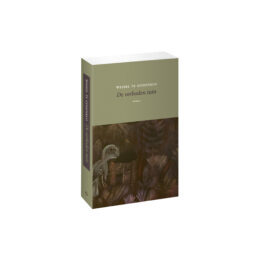
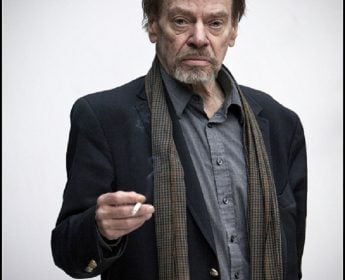
En Route to De Hartz
In this fourth part of the Ewout Meyster Cycle, twenty-three-year-old Ewout finds himself on the De Hartz estate. There, in the Big Man’s country home, he takes classes and follows lectures given by an international group of professors and scientists. But this part is above all a look back at the period when, at the age of eighteen, nineteen, he is apprenticed to Somsen, whom he greatly admires. It is also the time when he meets Sylvia, the first great love of his life. Now, there is nothing of the swagger and bluster of The Fraud. Ewout practices discipline, sacrifice and total dedication to both his great love Sylvia and his teacher Somsen. Science and pseudoscience, but also disillusionment, betrayal and deceit play a large role in this story, with dramatic consequences.
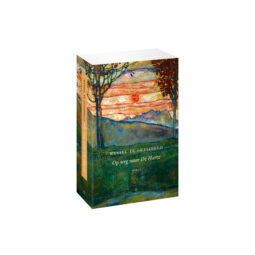
The Fraud
Ewout Meyster is seventeen years old and thinks he understands the world and life in it, and someday he’ll show that to his naïve friends. He wants to astound them, but also the world, with his ‘performances’ on streets and squares. In conversations with his friends, he explains how to become a real personality, and what you have to do to become important and not remain ‘insignificant’. The importance of these conversations for Ewout, mirroring the ‘insignificant’ friend across from him, lies in exercising his superiority and at the same time seeing it proven. In The Fraud, Ewout imagines himself total master of the situation, just as he is subjected to the strong headwinds of his own depressions and his fears.
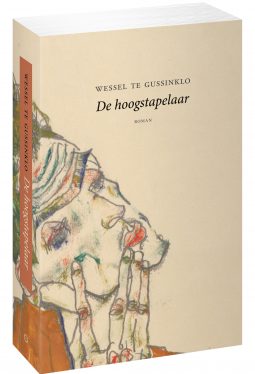
The Assignment
In the 1950s, having lost his father to the war, fourteen-year-old Ewout Meyster goes to a summer camp in The Veluwe. He expects to be able to complete his ‘assignment’ there: to acquire social prestige, power and popularity. To that end, he has thought of everything to treat his fellow campers as cleverly and spiritually as possible. His behaviour, however, runs up against a wall of incomprehension and aversion. What should have been a time of friendships and unforgettable encounters proves to be humiliating agony. Te Gussinklo evokes the unscrupulous jungle of boyhood in pitch-perfect episodes in a book about fanaticism and the hunger for power, about victimhood, betrayal and loneliness.
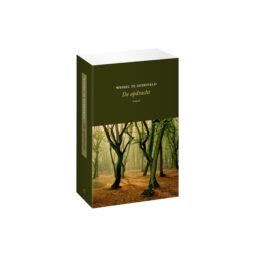
The Forbidden Garden
The Forbidden Garden describes the life of a child with a view of the world such as only children can have. The novel also depicts the ways in which we each – both child and adult – try to make the world our own. The homesickness for intactness, for the correspondence of personal reality with the world beyond it: a dream in which everyone lives but one that is still pristine to the child.
With a surefooted, poetic style, Wessel te Gussinklo brings these themes to life. He succeeds in mining an unknown and repressed territory, in all its confusing otherness, and makes his protagonist an unforgettable character.
